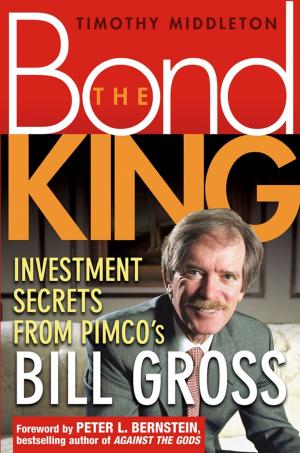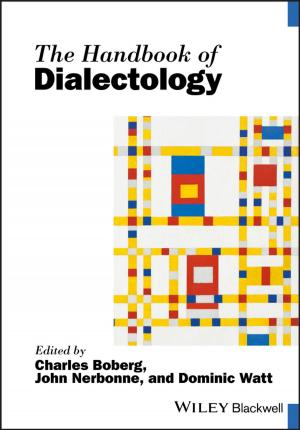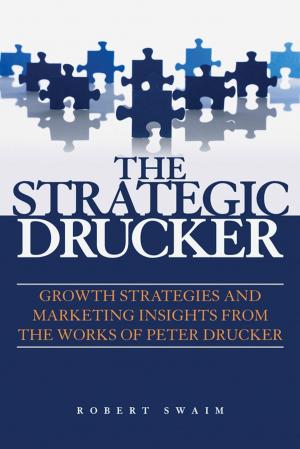| Author: | Christopher Coker | ISBN: | 9781509534647 |
| Publisher: | Wiley | Publication: | March 5, 2019 |
| Imprint: | Polity | Language: | English |
| Author: | Christopher Coker |
| ISBN: | 9781509534647 |
| Publisher: | Wiley |
| Publication: | March 5, 2019 |
| Imprint: | Polity |
| Language: | English |
In recent years culture has become the primary currency of politics – from the identity politics that characterized the 2016 American election to the pushback against Western universalism in much of the non-Western world.
Much less noticed is the rise of a new political entity, the civilizational state. In this pioneering book, the renowned political philosopher Christopher Coker looks in depth at two countries that now claim this title: Xi Jinping’s China and Vladimir Putin’s Russia. He also discusses the Islamic caliphate, a virtual and aspirational civilizational state that is unlikely to fade despite the recent setbacks suffered by ISIS. The civilizational state, he contends, is an idea whose time has come. For, while civilizations themselves may not clash, civilizational states appear to be set on challenging the rules of the international order that the West takes for granted. China seems anxious to revise them, Russia to break them, while Islamists would like to throw away the rule book altogether. Coker argues that, when seen in the round, these challenges could be enough to give birth to a new post-liberal international order.
In recent years culture has become the primary currency of politics – from the identity politics that characterized the 2016 American election to the pushback against Western universalism in much of the non-Western world.
Much less noticed is the rise of a new political entity, the civilizational state. In this pioneering book, the renowned political philosopher Christopher Coker looks in depth at two countries that now claim this title: Xi Jinping’s China and Vladimir Putin’s Russia. He also discusses the Islamic caliphate, a virtual and aspirational civilizational state that is unlikely to fade despite the recent setbacks suffered by ISIS. The civilizational state, he contends, is an idea whose time has come. For, while civilizations themselves may not clash, civilizational states appear to be set on challenging the rules of the international order that the West takes for granted. China seems anxious to revise them, Russia to break them, while Islamists would like to throw away the rule book altogether. Coker argues that, when seen in the round, these challenges could be enough to give birth to a new post-liberal international order.















